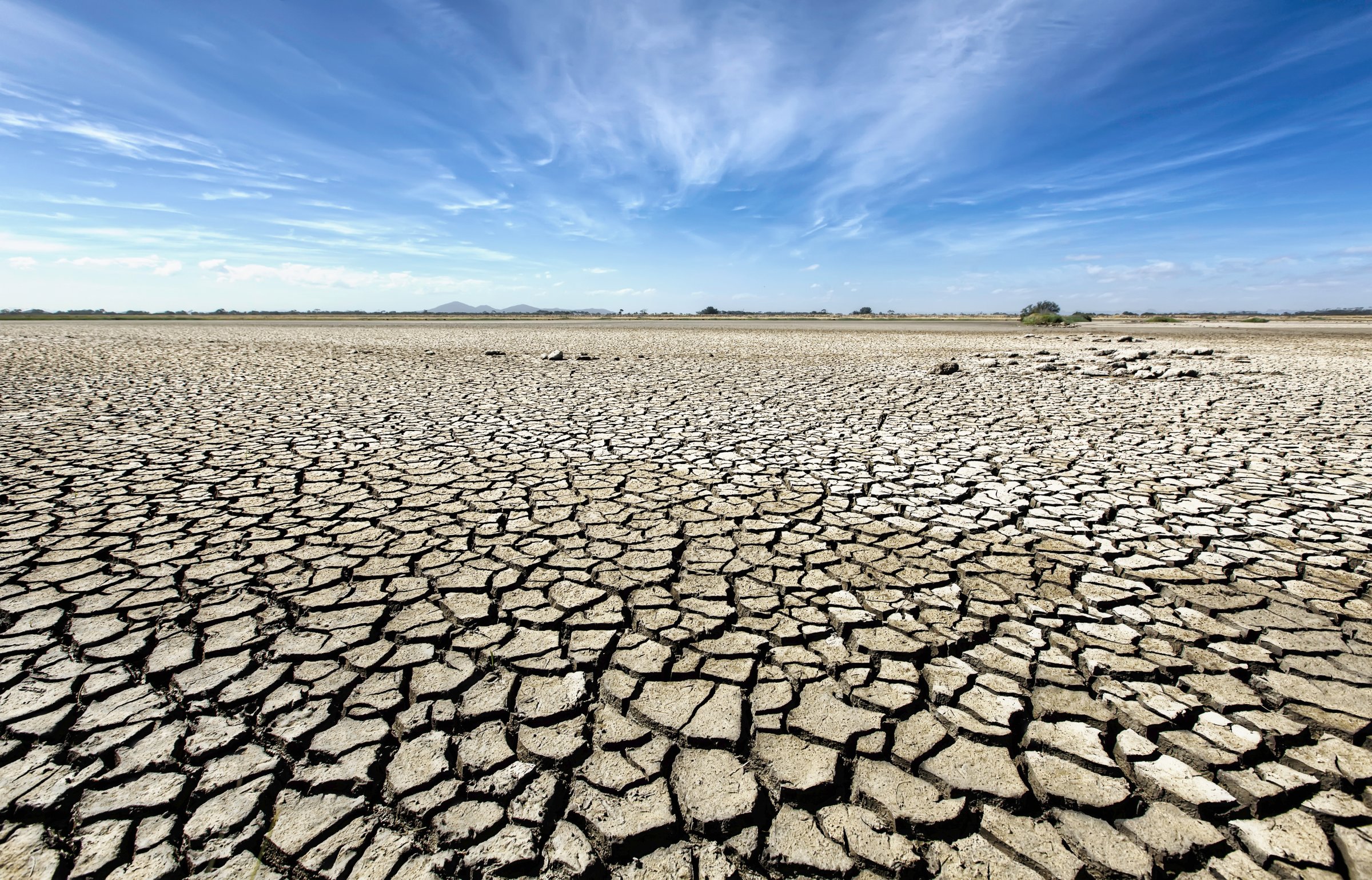
Every time an extreme weather event strikes—from Hurricane Katrina to the California drought—observers wonder what role climate change may have played. And for years any reputable scientist, politician or journalist would respond that while global warming might play a role, no specific weather event could be attributed to climate change.
That is changing. New research from the National Academy of Sciences suggests that’s no longer the case: scientists can now determine with some confidence the degree climate change influenced some extreme weather events.
“The days of saying no single weather event can be linked to climate change are over,” says Heidi Cullen, chief scientist at Climate Central, a nonprofit news organization that reports on global warming. “This report makes a really important contribution in linking global warming to extreme weather.”
The report follows a decade of research by a variety of scientists in different fields dedicated to attributing weather to climate change. The new field has evolved rapidly, though it still can’t provide quick and definitive answers for every weather event. Scientists are best equipped to show the connection between extreme weather events and climate change when the effects are closely related to temperature. Extreme heat and extreme cold are the easiest to attribute to climate change, followed by drought and extreme rainfall. The effect of climate change on weather events like tornadoes and wildfires can be especially difficult to assess because of the many variables that come into play, including factors beyond weather, like settlement patterns.
Read More: Obama and Trudeau Should Establish a Joint U.S.-Canada Carbon Market
The National Academy report lays out a system of best practices that incorporates the historical record—looking back—and model simulations—looking forward—to increase confidence when assessing the link between climate change and an individual weather event. The historical record approach looks at how much an event deviates from past weather while simulation approaches often assess expected weather in the absence of climate change.
The authors of the report emphasized that researchers have to ask the right questions to get the right answer. It’s not a question of whether climate change directly caused a specific event, given the many various factors that play into weather. Instead, scientists should study to what extent warming contributed to extreme weather, in part by trying to figure out how likely the event would have been to occur in the absence of climate change.
“A whole lot of things have to line up to create an extreme event,” said report authoring committee chair David Titley of the Pennsylvania State University at a press conference. “There can be different causes—both natural and human causes.”
Read More: This Could Be the Best Way to Solve America’s Food Waste Problem
Cullen, who works on a project to assess the role of climate change in the immediate aftermath of a weather event, compared the new report to the 1964 surgeon general’s report connecting smoking and lung cancer. Understanding whether an event is tied to climate change affects how communities respond to weather warnings and how—or even if—they rebuild.
“During extreme events there are significant moments in which key policy decisions are made,” says Cullen. “This helps us understand how human activity is really changing the weather we’re really experiencing right now.”
More Must-Reads from TIME
- Cybersecurity Experts Are Sounding the Alarm on DOGE
- Meet the 2025 Women of the Year
- The Harsh Truth About Disability Inclusion
- Why Do More Young Adults Have Cancer?
- Colman Domingo Leads With Radical Love
- How to Get Better at Doing Things Alone
- Michelle Zauner Stares Down the Darkness
Write to Justin Worland at justin.worland@time.com